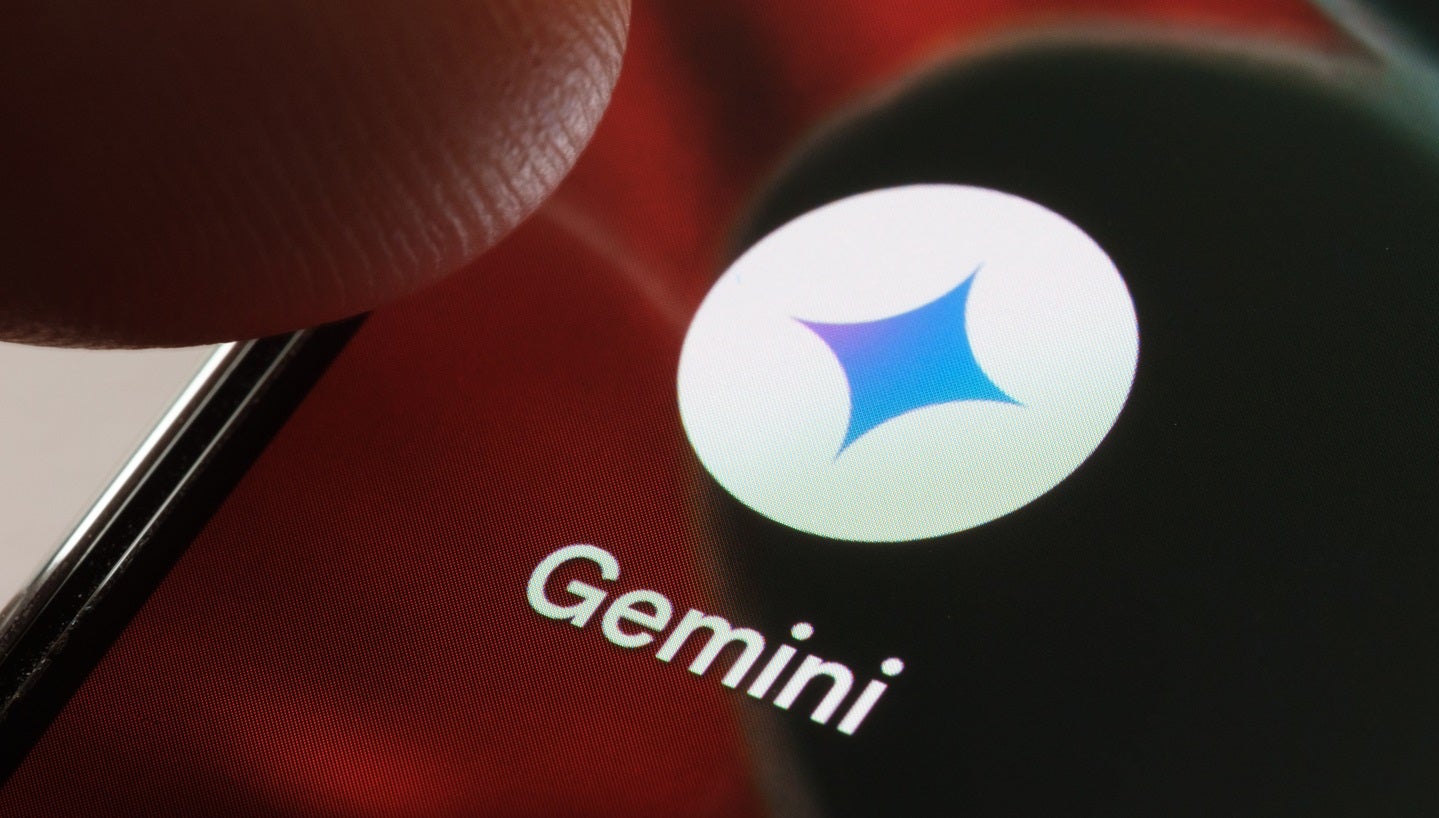Alphabet’s Google has launched a new class of AI models within its Gemini family, introducing a cost-effective alternative to models from its competitors, including the low-cost offerings from Chinese company DeepSeek.
The updates include a new, more affordable model variant aimed at addressing growing concerns over the rising costs of AI development and usage.
In 2024, Google launched Gemini 2.0, the latest iteration of its AI model, which boasts double the speed of its predecessor.
Gemini 2.0 is designed to generate images and audio across languages, and can assist in Google searches and coding projects.
The capabilities of Gemini 2.0 allow the creation of agents capable of thinking, remembering, planning, and even taking action on behalf of users.
The updated Gemini 2.0 family now includes several models designed to cater for different needs and budgets.
Access the most comprehensive Company Profiles
on the market, powered by GlobalData. Save hours of research. Gain competitive edge.

Company Profile – free
sample
Thank you!
Your download email will arrive shortly
We are confident about the
unique
quality of our Company Profiles. However, we want you to make the most
beneficial
decision for your business, so we offer a free sample that you can download by
submitting the below form
By GlobalData
Gemini 2.0 Flash is now generally available, offering improved rate limits, enhanced performance, and simplified pricing.
In addition, the company introduced Gemini 2.0 Flash-Lite, a more affordable variant, currently in public preview.
The company also released an experimental update Gemini 2.0 Pro model to handle complex prompts and coding tasks.
Google DeepMind AI lab Chief Technology Officer Koray Kavukcuoglu was cited by Reuters as saying that the development of Flash-Lite update follow a positive reception of the previous 1.5 version of Flash.
In recent weeks, the cost of AI model development and usage has come under increased investor scrutiny, particularly following DeepSeek’s investment of under $6m on the final training run of its model.
In a separate development, Google’s quantum computing division has set a target of releasing commercial quantum computing applications within five years, reported Reuters.


